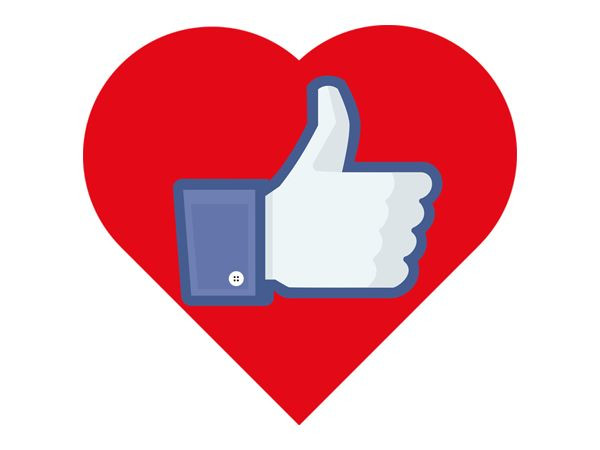Do Facebook ‘Likes’ Make The World A More Positive Place?

Remember the world before Facebook when you had to physically tell people that you liked something of theirs? It was exhausting.
Long hours spent looking at scrapbooks with mothers and grandmas. Countless poetry readings and open mic shows to attend at the behest of friends. Enter Facebook with its electronic “thumbs up” to register approval for all of life’s shareable events. Sweet salvation!
But have we become so accustomed to the “Like” button that we now just mindlessly click it whenever our peers do? That’s the question tackled by three social scientists from MIT, NYU, and The Hebrew University of Jerusalem in a new study in the journal Science.
For five straight months, the team rigged a social news aggregation Web site so that every comment submitted by a user instantly received a ‘like’ (an “up” vote), a dislike (a “down” vote) or no vote at all. During the observation period, 100,000 comments were randomly voted on by the researchers, which were rated again another 300,000 times by other users. Overall these comments were viewed over 10 million times.
They found “likes” bred more likes, with up-votes being nearly five times more common on the site.
Read More: Facebook, DNA Technology Solves Outbreak Of Strep Throat In Minnesota Dance Team
Comments that were arbitrarily up-voted were 32 percent more likely to receive an up-vote from the next user came along. However an initial up-vote did not increase the odds of earning a subsequent down vote. This boosted the overall ratings of this group by 25 percent, which was especially true for comments about politics, culture, and business.
In addition, a funny thing happened in response to initial dislikes. The next user to stumble onto these negatively rated comment were more likely to disagree — in other words, they were likely to respond with an up-vote and not a dislike.
Although this trend toward positivity may seem harmless, it argues for the existence of social influence bias, which could exaggerate inequalities or manipulate decision-making on the Internet.
Did a real person write this positive review for this flat-screen TV on Amazon or did an advertiser do it to sway my opinion?
“Our findings suggest that social influence substantially biases rating dynamics in systems designed to harness collective intelligence,” wrote the authors of the study. “We anticipate that our experiment will inspire more sophisticated analyses of social influence bias in electoral polling, stock market prediction, and product recommendation and that these results will be used to adapt rating and review technologies to account for social influence bias in their outputs."
Source: Muchnik L, Aral S, Taylor SJ. Social Influence Bias: A Randomized Experiment. Science. 2013.
Published by Medicaldaily.com



























